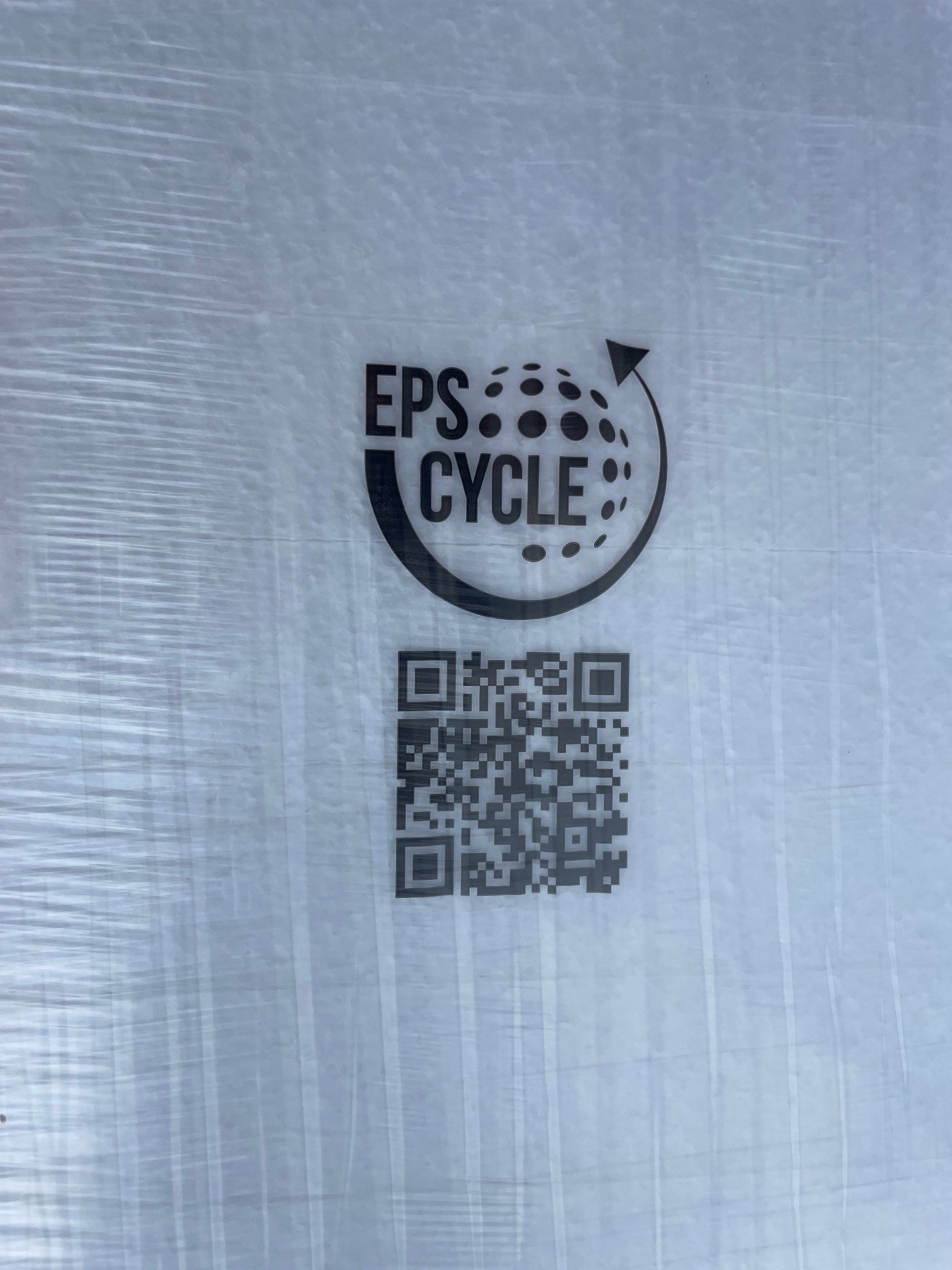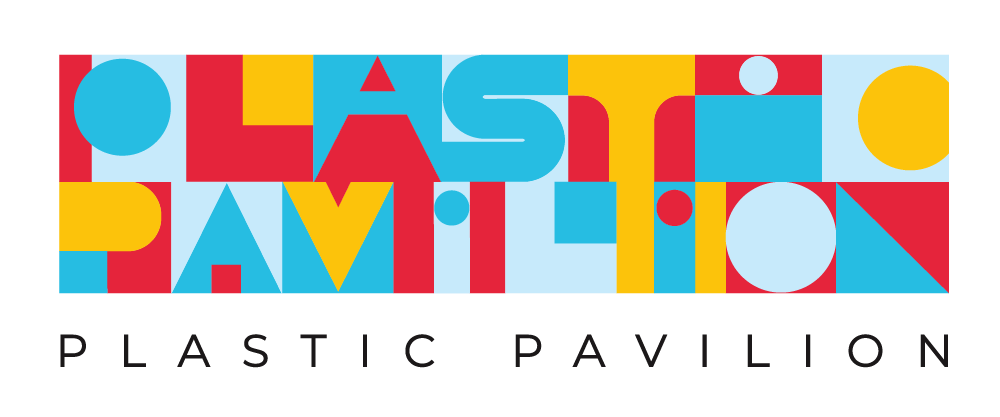
Lunchtime Debate: Design, Plastics, and Sustainable Practices – Can they be combined?
Join us for debate and lunchtime networking event as we explore the challenges faced by designers wanting to create environmentally friendly products while navigating the complexities of avoiding greenwashing.

Talk: The need for a holistic approach to fire safety in modern buildings
Building design is a challenging undertaking that must combine various expertise. Architects can request the contribution of specific expertise in their projects, such as from fire engineers, energy, or sustainability experts. Fire safety is complex. It must be an integrated part in the building design process. The use of scientific principles to understand, evaluate and critically analyse fire risks in a holistic manner is paramount.
In 2019, the Modern Building Alliance launched what it called The EU Fire Safety Guide. It is an EU-wide guide to fire safety for buildings. The fundamental framework of the EU Fire Safety Guide is the application of a holistic 7-layer approach to fire safety for buildings starting with prevention to firefighting. The overall performance of the fire safety of a building depends on the evaluation of all the layers of protection and not just of its single components. Consideration of these 7 layers together ensure reliability of the fire safety measures thus affording a high degree of protection
To encourage the adoption of holistic fire safety strategy, there is need to create a network of fire regulators to steer concerted action towards the transition from prescriptive codes to performance-based codes, allowing the application of fire safety engineering techniques. Architects together with fire safety engineers should undertake all necessary actions to define from building design stage, the fire safety strategy using holistic and performance based approach.
Learn more during this talk with Fire Safety expert from Modern Building Alliance, Franklyn Okwara.

Talk: Construction Plastics Compatibility with Fire Safety
Plastics have become increasingly popular in construction due to many factors, such as their performance, durability and their ability to be weathering resistant, low maintenance, cost-effective, lightweight and design flexible. These qualities make plastics ideal products for construction and an essential component for a sustainable built environment.
Fire safety is an important priority for the plastics industry in construction. Fire safety of buildings is seen as a national responsibility. The EU supports Member States via harmonised standards for testing, classifying and declaring the performance of products used in buildings.
The Modern Building Alliance has developed a comprehensive and structured framework for use by Member States in considering their regulatory approaches to buildings fire safety. Closely linked to the 7 layers of fire safety in buildings, this holistic approach enables consideration of, not only the building design and construction, but also technical installations and fire safety management throughout the lifetime of the building, including clarification of roles and responsibilities in the value chain.
Learn more during this talk with Fire Safety expert from Modern Building Alliance, Franklyn Okwara.

Launch of EPS Cycle – a Pan-European Recycling System for EPS in the construction and packaging industry
For decades EPS has been taken back and recycled in Germany, Denmark and the Netherlands. Millions of tons of CO2 have been saved as EPS construction cut offs and packaging materials have been recycled into new EPS products. This has been done under company brands or national association guidelines. On July 5th we take EPS recycling to the next level and launch the pan-European brand EPS Cycle.
EPS Cycle is a pan European take back system, that describes how used EPS can effectively be taken back for use in the production of new EPS materials. As such it is a mark of commitment to the circular economy for both the companies and the national associations associated with EPS Cycle.
EPS Cycle manages EPS materials from construction as well as packaging. The National EPS Industry Association furthermore seeks to establish correct and effective collection and sorting of EPS demolition waste.
At the event Serena Klein from IVH (the German EPS Insulation Association) explains how EPS cut offs have been collected and recycled in Germany for the last 30 years, and Rogier Goes from Stybenex (the Nederlands EPS Association) and Chresten Heide-Anderson (the Danish EPS Association) will explain about EPS recycling options and take-back systems in the Netherlands and Denmark, which also includes EPS packaging.
The event will also include information about EPS recycling worldwide, where EPS protective and insulated packaging is already recycled at scale and in practice in accordance with the proposed UN criteria. In fact more than 4.2 billion people across four continents live in countries where EPS is recycled at scale and in practice.
With the launch of EPS Cycle it will be easier to ensure recycling of EPS construction waste as well as EPS packaging waste.
It is the ambition that EPS Cycle will cover at least 15 countries by 2025 and more than 30 countries in 2030. This means that EPS Cycle wants to compete with the most ambitious take-back systems in the construction industry.

Book Launch: Expanded Polystyrene (EPS) in the Circular Economy
EPS (expanded polystyrene) is a fully recyclable material used for packaging and insulation. However, some common misconceptions exist about the material, which leads some people to believe that the material does not belong in a Circular Economy.
The Danish EPS Association (a part of the Danish Plastics Federation) has published a Whitepaper (Book) on EPS in the Circular Economy to address how EPS is suited for the Circular Economy and guide decision-makers in choosing the suitable packaging material for their specific applications.
The Whitepaper is authored by Gitte Haar from the Center for Circular Economy (Center for Cirkulær Økonomi) and co-authored by Chresten Heide-Anderson, project manager of the Danish EPS Association and Vice-President of EUMEPS.
The Whitepaper explores how EPS can enter circular loops through various streams and raises the issue: - should we only look at cradle to grave or should we look at multiple life cycles when we choose the preferred packaging material?
The book is in Danish.
Other events on July 5th
Launch of EPS Cycle - 3-4 PM >
Talk: Construction Plastics Compatibility with Fire Safety - 4:30-6 PM >
Sign up below

Lunchtime Debate: How do we Measure Sustainability in the Construction Sector?
Join us for the engaging lunchtime event and panel debate on Wednesday, July 5 from 11:30 AM - 1:00 PM as we discuss the topic of measuring sustainability in the construction sector.

Morning Session with Ditte Lysgaard Vind: Designing for Circularity
Join us for a morning session Wednesday, July 5, from 9-10 am, featuring Ditte Lysgaard Vind, an esteemed author, circular economy and design expert, and practitioner.

Plastic Pavilion Student Awards
Plastindustrien (the Danish Plastics Federation) invites students, their friends and families with an interest in design, architecture and plastics to celebrate the winner of Plastic Pavilion Student Awards 2023.

Afternoon Session: Beautiful Plastics
Experience a session with architect, Sebastian Østie and designer Reinder Bakker in the plastic pavilion where sustainability and beautiful architecture unite into a higher entity.

Lunchtime Debate: Fossil-free Future – What role will plastics play?
Join us for the lunchtime event and panel debate on Tuesday, July 4 from 11:30 AM - 1:00 PM as we discuss the topic of plastics in a fossil-free future.

Talks: Plastics in Green Urban Living
On the 3rd of July at 13.15 – 15.00 we invite you to join our series of talks on Plastics in Green Urban Living.

Lunchtime Debate: The Role of Utility Companies in Green Urban Life
Join us for an engaging lunchtime debate and networking event on Monday, July 3, from 11:30 AM to 1:00 PM, as we delve into the vital role of utility companies in fostering sustainable and resilient urban environments.

UIA WORLD CONGRESS OF ARCHITECTS COPENHAGEN 2023
UIA World Congress of Architects 2023 takes place in Copenhagen from July 2-6. Plastic Pavilion is a part of the official UIA program.

Talks: Unleashing Sustainability in Architecture - The Case of PVC Recycling
As architects, you are the custodians of the built environment. The sustainability of the materials you select is paramount. We invite you to join us for a series of enlightening talks that will redefine your perception of PVC and its role in sustainable architecture.

For uddannelsesaktører: Rundvisning, debat og netværk i Plastic Pavilion
Arbejder du med uddannelse, og ønsker du at få mere viden og praktisk erfaring med plast og genanvendelse? Så kan du deltage i fremvisning, netværk og videndeling i Plastic Pavilion den 26. juni klokken 14:00.

Åbningsreception i Plastic Pavilion
Onsdag den 21. juni kl. 10-13 inviterer Plastindustrien til den officielle åbningsfejring af Plastic Pavilion. Der vil være taler, netværksfrokost og andet godt til ganen, og alle er velkomne til at deltage.






